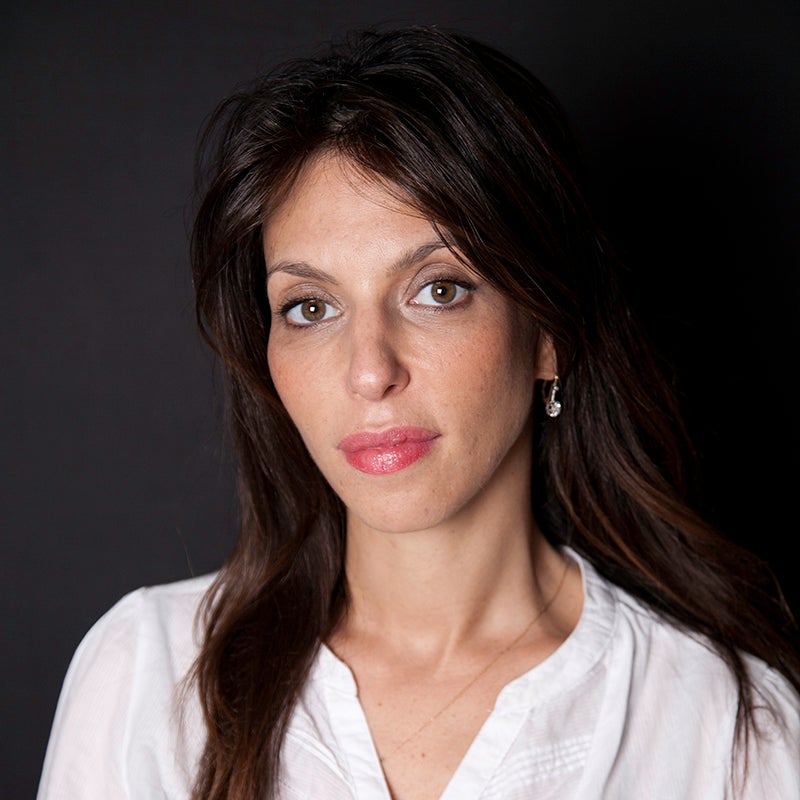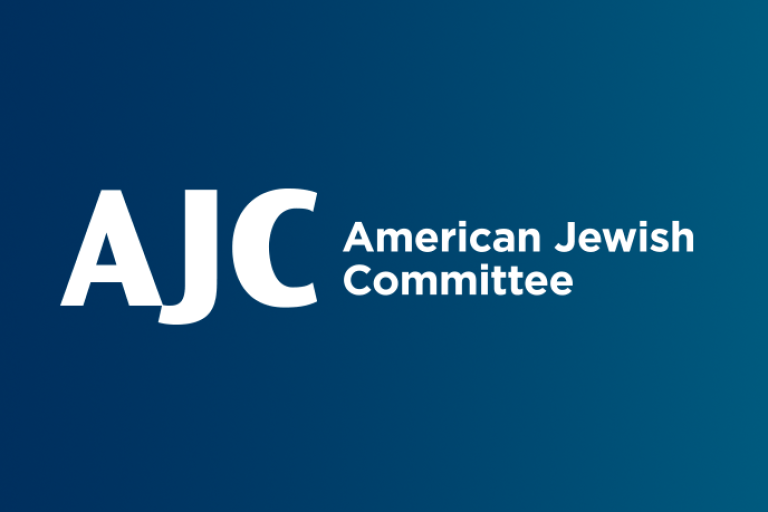January 2, 2019 — Paris, France
This piece originally appeared in French in Huffington Post France.
It is impossible to remain unmoved by those men and women who have been demonstrating in the streets of France, fighting for respect, asking to be seen and heard because they do not want to have to struggle desperately at the end of each month for a dignified existence.
So I want to be clear: when I condemned antisemitism within the “yellow vest” demonstrations (the author has publicly alerted on several occasions that antisemitic signs and statements have been displayed by the movement), it is not with the objective to discredit the entire movement.
However, denouncing antisemitic and anti-democratic rhetoric, wherever it comes from --targeting both Jews and the state, the police, and all national institutions – is, I believe, my and every person of good faith’s duty.
Living in France, I was born as a Jew in Germany. My parents and grandparents fled Romania after having suffered first at the hands of the Nazis and then of the Communists. Until this day I feel the Pavlovian stigma of man’s uncontrollable anger just beneath the surface. I grew up with the mantra “Never Again.” By choosing to lead the European branch of the AJC – the oldest international Jewish organization (1906), which has never aimed to solely defend Jews but also pluralism, democratic values, and human dignity throughout the world – I have always counted myself among a group of “watchmen.” I wanted to be one of those people fighting a universal fight against all extremes, against all racist, sexist, homophobic and of course antisemitic ideologies.
As Frantz Fanon used to put it, “When you hear people vilifying Jews, listen closely, they’re talking about you.”
I had just arrived in France and I remember the Jewish community feeling abandoned by a crushing majority of political and media figures in denial of what was called the “new antisemitism.” The difficulty of identifying the problem: that of antisemitism coming from a small part of the Muslim community, one that had already been infected by Islamism. Did we have the right to condemn this form of antisemitism, one that was emerging from a community that itself was suffering from racism? Many didn’t think so at the time. So public figures preferred to either ignore it or speak of “intercommunal tensions,” of “hooliganism,” or of “the importation of the Israeli-Palestinian conflict.” In short, “clashes” that only concerned those directly involved but did not matter (or at least mattered little) to the French Republic.
Since then, we have witnessed the kidnapping and murder of Ilan Halimi, the killing of Jewish children in Toulouse, the Hypercacher attack, and the murders of Sarah Halimi and Mireille Knoll who were killed in our country simply because they were Jewish. Other attacks followed since. People got suddenly not only killed because they were Jewish, but because they were police officers, soldiers, “apostates”, journalists, because they were sitting outside a café, had gone to a concert, were celebrating Bastille Day, or had gone to a Christmas market. The cancer had spread.
Therefore, faced with the serious antisemitic abuses observed over recent weeks in the yellow vest movement, should we simply remain silent, as others have been over the years by rationalizing and downplaying the phenomenon because it is “minor,” “not representative,” or politically inconvenient?
But downplaying, making compromises, being politically correct or hiding things have only ever led to brutal and painful awakenings. In terms of the fight against antisemitism, there should only ever be one single rule: condemning and fighting antisemitism wherever it comes from.
Every day, and more than ever before, it is the duty of the “watchmen” to alert those in power to the permanent resurfacing of this ill. This fight goes on, regardless of the enduring temptation to trivialize it across vast swathes of the country where political figures and the media only tend to condemn antisemitism when it comes “from the other side” and rationalize (or even deny) it when it poses a threat to one’s own (political) camp.
Even if we now understand that antisemitism is a chronic condition, I do not wish to go back in time, simply because pointing out antisemitism amongst the yellow vest movement could be perceived by some as “politically inconvenient.”
So, we have a choice to make. We can either look the other way and prepare for tomorrow’s painful awakening when we realize that we have offered extremists a golden opportunity or we can take a stance for the Republic, for democratic values, in which the legitimate criticism of any government, of any political movement, can never entail hate speech against any minority.
At the end of the day, it is a choice of denial or of reason.
Simone Rodan-Benzaquen is the director of AJC Europe



